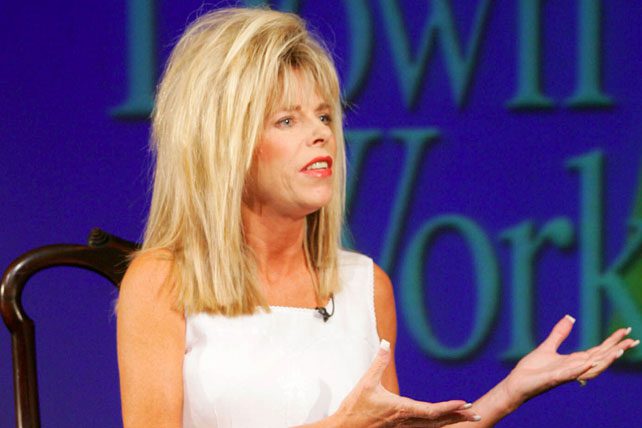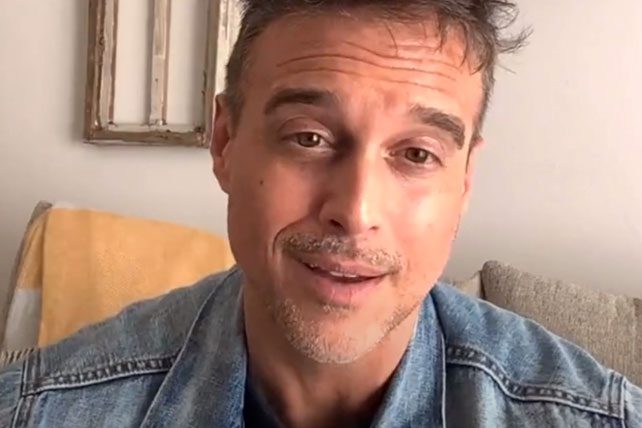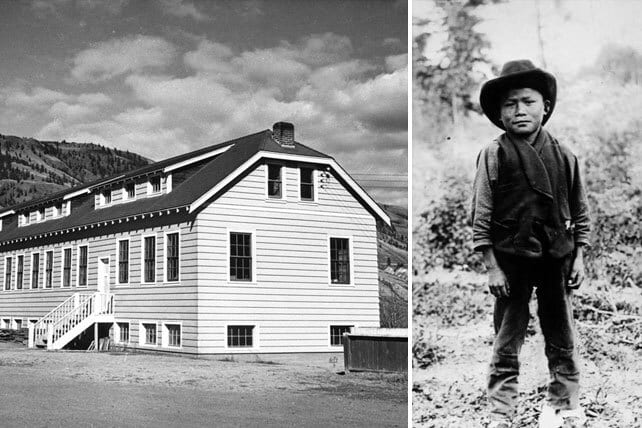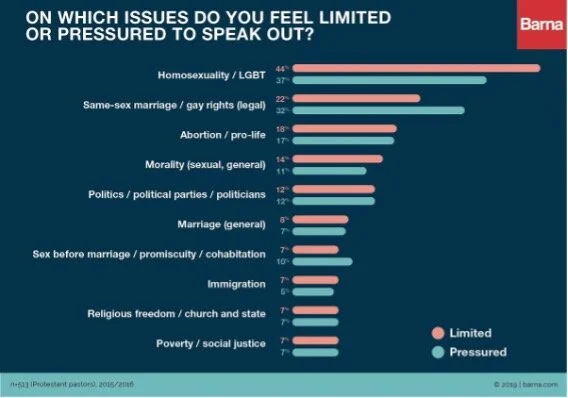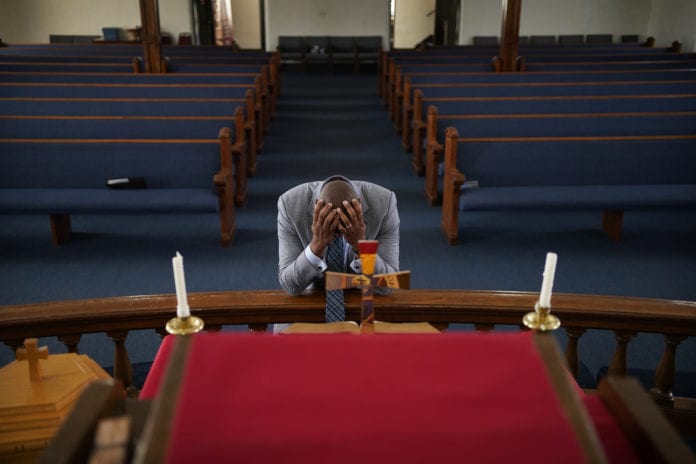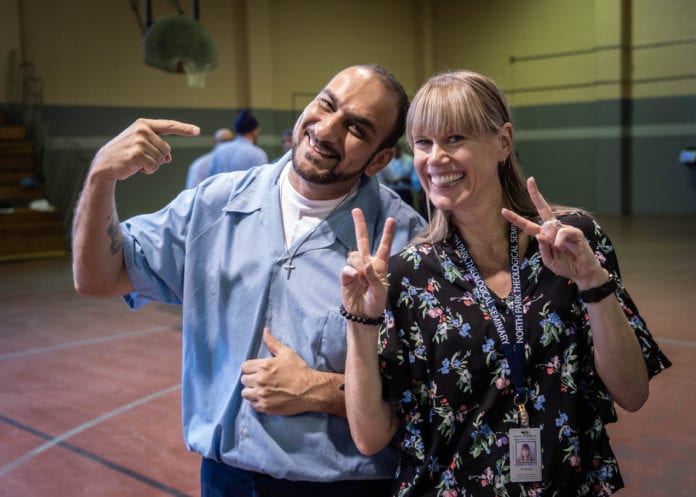Controversial Remnant Fellowship Church founder, diet guru, and best-selling author Gwen Shamblin Lara (66) was killed over the weekend when her private plane crashed into Percy Priest Lake in Tennessee shortly after take off Saturday, May 29, 2021.
Those also on board the Cessna 501 when it crashed were Lara’s husband and Tarzan actor Joe Lara (58), Remnant Fellowship Church leaders David Martin and his wife Jennifer, Jonathan Walters and his wife Jessica, and Gwen Shamblin Lara’s son-in-law Brandon Hannah, who helped out with the church’s youth group. All those present on the plane were killed upon impact.
The cause of the deadly plane crash is still under investigation.
Gwen Shamblin Lara founded Weigh Down Ministries, a Christian organization that provides a Godly approach to dieting.
Controversy Surrounding Remnant Fellowship Church
Remnant Fellowship Church was founded in 1999 by Gwen Shamblin Lara and has been reported to have over 1,500 members in 150 congregations spread all over the globe.
Lara regularly said that being “overweight was a sign of greed and gluttony,” leading some media outlets accusing Lara and her church of being a cult because their focus on Biblical principles for weight loss and addictions.
RELATED: Gwen Shamblin Lara Accused of Being a Cult Leader in New HBO Docuseries
Lara’s book “The Weigh Down Diet” has sold over one million copies and has been used for teachings and group studies by other churches.
According to the Clarion Ledger, Lara has made “insensitive comments about thin Jews in concentration camps and has claimed genetics don’t play a role in weight loss.” During a Larry King interview she said “How in the Holocaust did you have all these people getting down real skinny? They ate less food.”
The church was also in the middle of a child abuse case that led to the death of 8-year-old Josef Smith. Remnant Fellowship Church congregants Joseph and Sonya Smith were convicted of murdering their son after beating him and locking him in a wooden box for hours at a time. The case prompted the authorities to raid the church because of its teachings that support corporal punishment for children. The parents claimed innocence and said their son carved death threats in the walls. They also said he was “soldier of the devil.”
Members of the church bailed the Smiths out of jail while the couple awaited trial. Both Joseph and Sonya Smith received life sentences.
Thomas Nelson Pulled Gwen Shamblin Lara’s Book
In 2000 Thomas Nelson pulled Gwen Shamblin’s (she wasn’t married to Joe Lara yet) upcoming book at the time due to her belief regarding the Trinity. Lara said in an email sent out to her followers that her ministry believes in God, Jesus, and the Holy Spirit: “However, the Bible does not use the word ‘trinity’ and our feeling is that the word ‘trinity’ implies equality in leadership, or shared Lordship. It is clear that the scriptures teach that Jesus is the Son of God and that God sends the Holy Spirit. The Holy Spirit does not send God anywhere. God is clearly the Head.”

